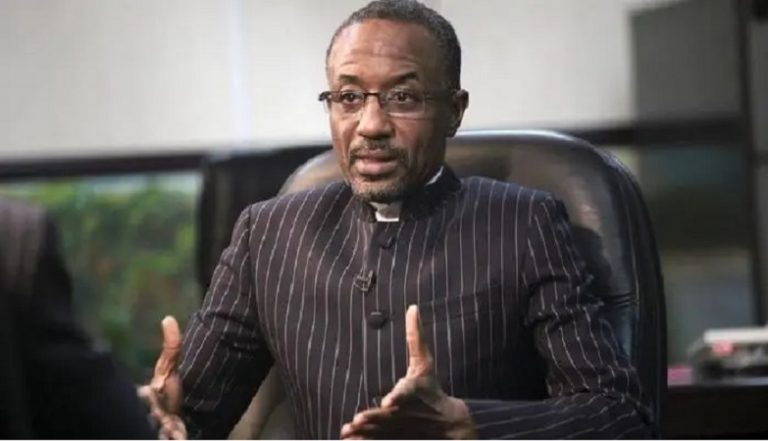
Muhammadu Sanusi, the former Central Bank of Nigeria (CBN) governor and the 14th Emir of Kano has asserted that it will take significant time for Nigeria’s economy to recover from ten years of economic mismanagement.
Speaking at the 2024 Rivers State Economic and Investment Summit held at the Obi Wali International Conference Centre in Port Harcourt, Sanusi emphasized the need for patience and realistic expectations regarding economic reforms.
He pointed out that the damage inflicted on the Nigerian economy over the past decade cannot be undone in six months or one year, highlighting the depth of the issues that require more than quick fixes.
Register for Tekedia Mini-MBA edition 19 (Feb 9 – May 2, 2026): big discounts for early bird.
Tekedia AI in Business Masterclass opens registrations.
Join Tekedia Capital Syndicate and co-invest in great global startups.
Register for Tekedia AI Lab: From Technical Design to Deployment (next edition begins Jan 24 2026).
The former CBN governor praised the Rivers State government’s focus on economic development through investment promotion as a strategic and necessary decision.
“The decision to center governance around economic development through investment promotion is a very thoughtful and great decision by the government of Rivers State,” he said.
“This is more so because the reform of an economy whether state or the federation at large requires difficult decisions, it involves policies that will be painful and unpopular which usually don’t go down well with the politicians.
“But that is the only way to guarantee a better future for the people. At this point it is important for us as Nigerians to be realistic, the mismanagement of the last ten years will not be undone in six months or one year.”
Since President Bola Tinubu’s administration took office, several economic policies have been introduced, notably the removal of the petrol subsidy and the unification of the forex rate. These measures, while necessary for economic reform, have resulted in short-term hardships for many Nigerians, with skyrocketing commodity prices and increased financial strain on households.
In the wake of these harsh economic realities, the Nigerian government has sought to increase revenue generation by widening the tax net, a development that has resulted in backlash from the masses.
Sanusi acknowledged these difficulties but underscored their need: “And we need to understand that some of the difficult decisions that are taken will take time to walk through the economy. It will take a little while for us to see a turnaround, but those decisions are absolutely necessary for them to save the economy,” he said.
Sanusi warned that without these tough reforms, Nigeria could face a fate similar to countries like Zimbabwe, Venezuela, and Argentina, which have suffered severe economic crises. He stressed the importance of enduring short-term pain for long-term gain.
Addressing the issue of taxation, Sanusi noted that while the government must tax its citizens, the approach must be sensible and not extortionary. Quoting former British Prime Minister Margaret Thatcher, he remarked, “No country has ever taxed its way to prosperity.” He argued for a balanced tax system that promotes growth rather than merely taxing income.
Sanusi also called for the diversification of Nigeria’s economy, stating that while oil is a valuable resource, it is not sufficient to ensure the country’s wealth and prosperity. Diversifying the economy is crucial to reducing dependency on oil revenues and promoting sustainable economic growth.



